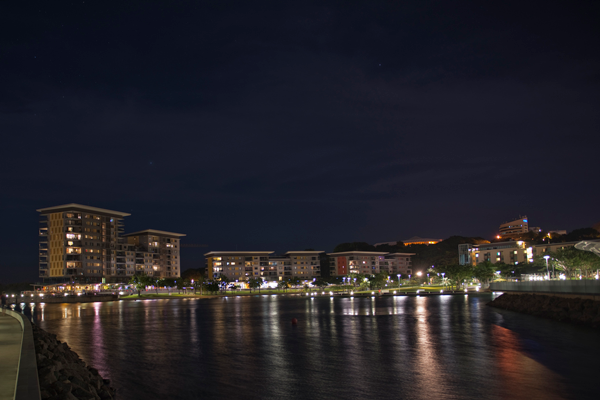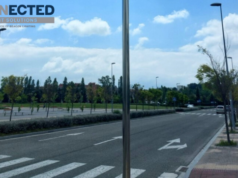By: Signify
In collaboration with Telensa, Milton Keynes City Council and its Service Provider, Ringway Milton Keynes embarked on a project to enhance energy efficiency through intelligent street lighting. The initiative aimed to address rising energy costs, reduce carbon emissions, and contribute to the council’s goal of becoming carbon neutral by 2030.
With the rising costs of energy and a commitment to carbon neutrality, Milton Keynes City Council sought ways to reduce electricity consumption while maintaining optimal street lighting levels. The project formed part of a broader upgrade program that included transitioning to energy-efficient LEDs.
Telensa’s smart streetlight solution was chosen to upgrade 58,000 streetlights across the city. The PLANet software system played a pivotal role in achieving energy savings and operational efficiency. Through PLANet, the council could schedule individual light fixtures precisely, adjusting their activation times and brightness levels as needed, resulting in reduced energy consumption without compromising safety.
Benefits:
- Energy Savings: The project is anticipated to yield annual energy savings exceeding 60%, equivalent to around 5 million kWh. These savings align with the council’s sustainability goals and contribute to a greener environment.
- Operational Efficiency: The automated system powered by PLANet streamlines operations by alerting maintenance teams to faulty lights promptly, addressing ‘dayburners’ issue that council has been facing where faulty equipment fails to turn off the lights at sunrise. With the intelligence provided by the system, predictive maintenance is made possible as well.
Telensa’s innovative approach extends beyond traditional streetlight management. By utilizing the council’s existing traffic counting radar system, the project explored additional energy-saving opportunities. This data-driven integration enables the Telensa system to control light levels based on real-time traffic conditions, enhancing efficiency further.
The collaboration between Milton Keynes City Council and Telensa exemplifies a successful endeavour to enhance energy efficiency through connected streetlight solutions. It also carries implications for Australian cities striving for sustainable urban development. Considering the country’s energy challenges, the innovative integration of data-driven lighting control could contribute significantly to reducing energy consumption and carbon emissions across urban landscapes.
Telensa is the global leader in connected streetlight solutions and now a Signify company. Telensa sold approximately 100 networks connecting over 2 million light points in more than 400 cities worldwide.
For more information, please contact: Nathan Pillai (nathan.pillai@signify.com)














